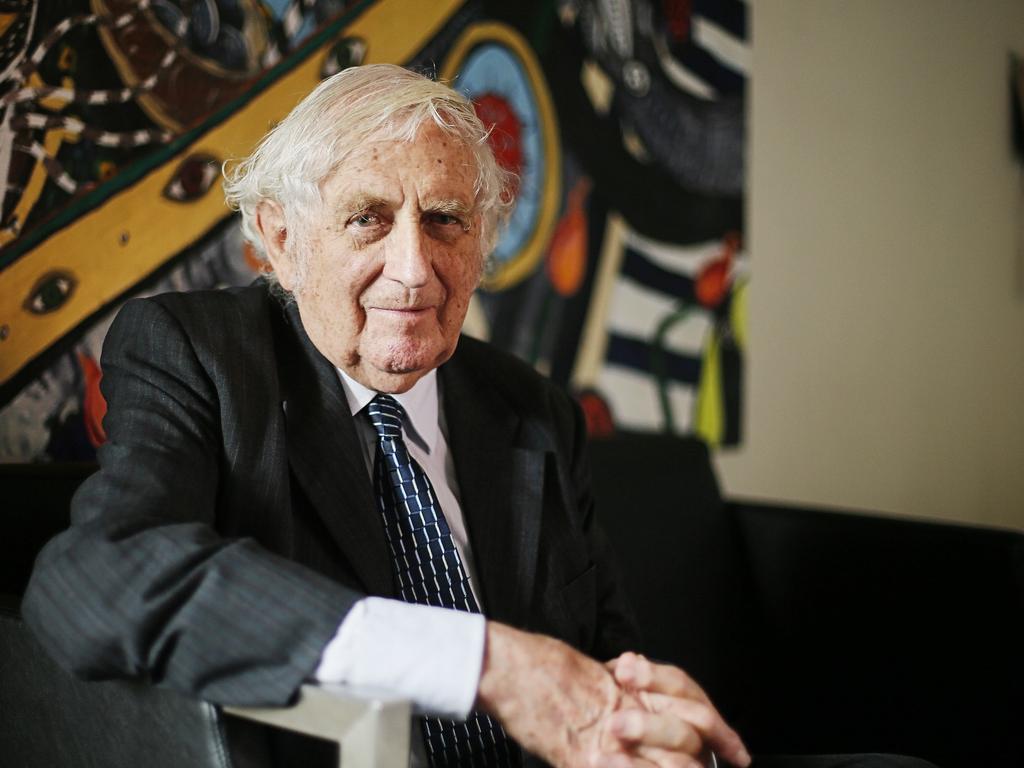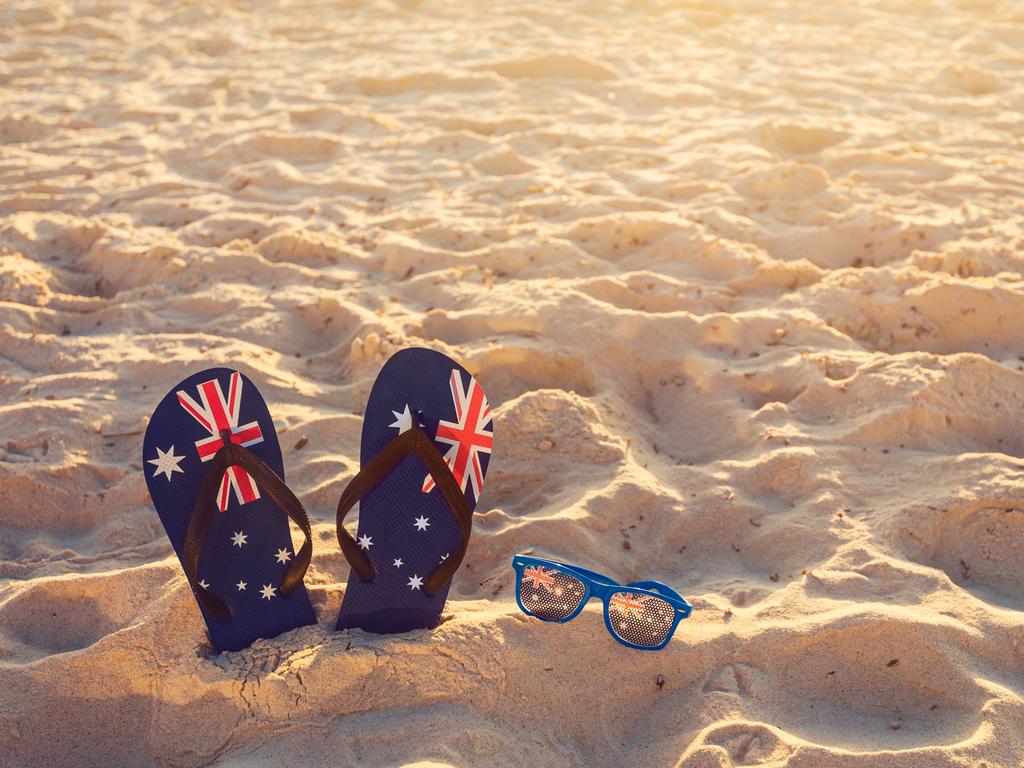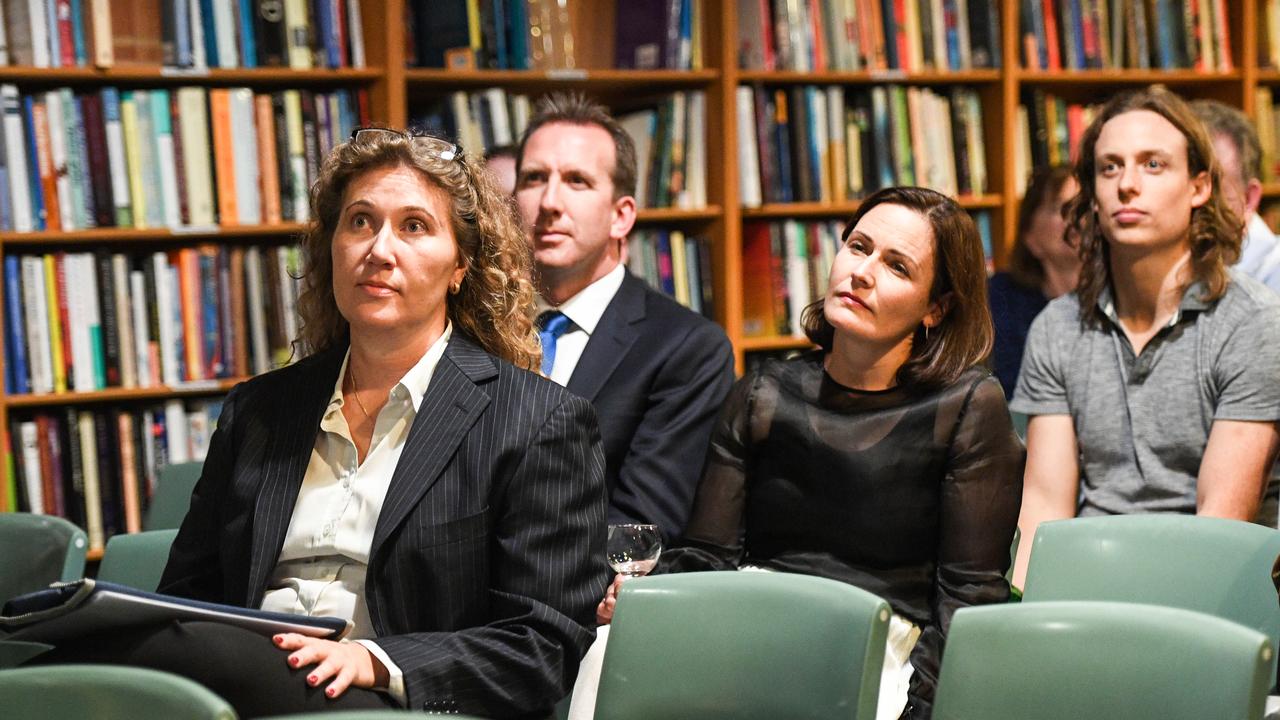Unley talks to voters, reversal sparks grassroots calls for other councils to follow suit
An Adelaide council reinstates citizenship ceremonies on January 26 after consulting the community.
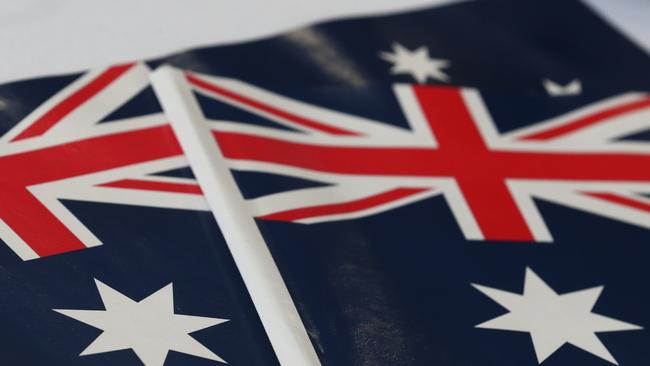
An Adelaide council in a middle-class part of town has become the first in Australia to review and reinstate community events and citizenship ceremonies on January 26 in line with majority public support for the date as a day of celebration.
While numerous councils across Australia have effectively banned celebrating on January 26 out of respect for Indigenous grievance over the date, Unley council this week revoked its decision to shift public events and citizenship ceremonies away from the date.
From next year it will again schedule all its events on January 26 and is vowing to do so indefinitely. The council also will refer to the date as Australia Day.
Unley council did so on the basis of something many in local government appear to have forgotten – community consultation. And the results of that consultation suggest the 80-plus councils nationwide that unilaterally have scrapped events on January 26 are misreading majority opinion, even in middle-class areas with a high number of university graduates who are presumed to be more progressive.
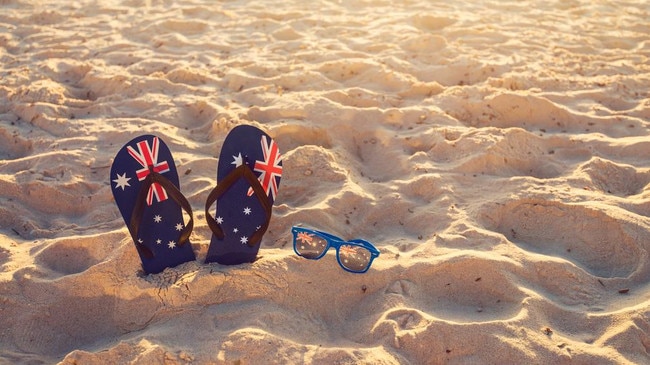
Unley is one such area where executives, doctors and lawyers live in some of Adelaide’s nicest homes, and where voters at the local Goodwood Primary School returned the highest Yes vote in South Australia at last year’s voice referendum (67.1 per cent), in a state that overwhelmingly voted No (64.1 per cent).
The process by which Unley council reviewed its January 26 decision is a reassuring one for anyone who values principles of democracy. The council says it felt pressured into scrapping last year’s January 26 events after the federal government declared in 2022 that events could be held within three days of January 26.
That announcement led to councils across the country rushing headlong towards eliminating the date as one of celebration.
Councillors at Unley said in hindsight the decision should have been taken only after community consultation but that they rushed into acting as a result of the federal government’s decree.
This even included some councillors whose personal views were hostile to the concept of Australia Day out of solidarity with Aboriginal Australians.
Despite this, councillors resolved this year to conduct a proper process of community consultation to gain feedback on the date.
From the 842 respondents a clear pattern emerged – 60 per cent of people wanted citizenship ceremonies to be held on January 26 and 72 per cent of people wanted public events such as concerts and celebrations to be reinstated on that date.
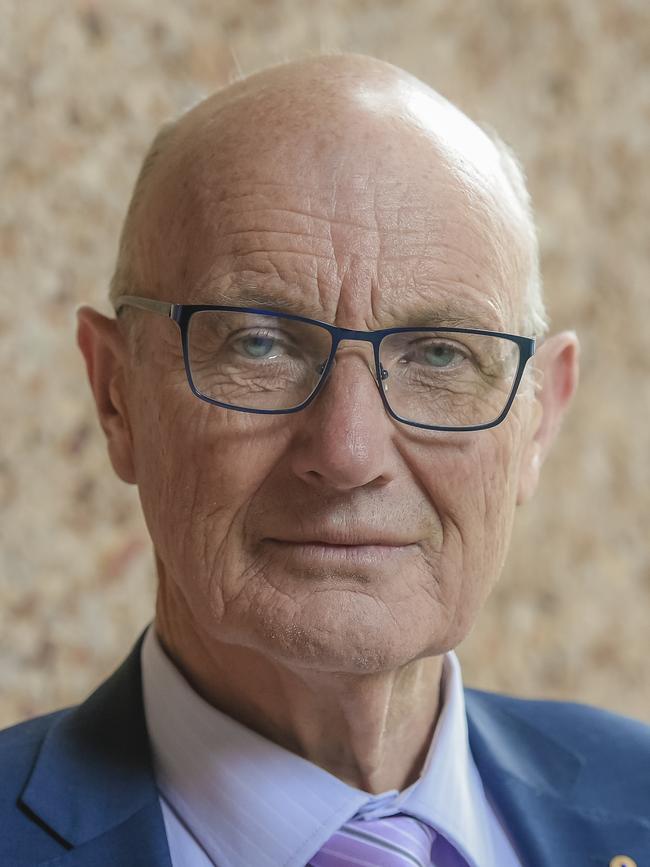
Unley mayor Michael Hewitson tells Inquirer he is pleased with the number of responses to the survey, saying it gives an indicative sample of public sentiment. He says the whole process could have been avoided if councils had not had the issue foisted on them by the federal government in 2022.
“The handballing of the decision directly to local government was the impetus last year for council taking a vote on whether to have citizenship ceremonies on Australia Day and also holding events on Australia Day,” Hewitson says.
“We didn’t go to public consultation then because if you are going to do these things you need a lead time, and a high-quality consultation takes a fair bit of time, about two to three months.”
Hewitson says he is delighted so many people have responded to the survey and that its message to council is clear.
“We had a unanimous vote of council to ask these questions and consult with the community,” he says. “They told us that 72 per cent of our community wanted us to hold an Australia Day community event for this year coming, so it was fairly overwhelming.
“It would require a different decision of council to change it so we will be going forward each year on January 26 until council decides to do otherwise.”
The council’s reversal has upset some Aboriginal leaders including Kaurna elder Major Moogy Sumner, who says changing events back to January 26 is “rubbing salt into the wound”.
However, in other areas the Unley reversal is sparking grassroots calls for other councils to go back to celebrating on January 26.
Residents of the Adelaide Hills are demanding their council hold a similar public survey to review its decision to scrap events on Australia Day, which, as with every other council in Australia, has never been put to the public test.
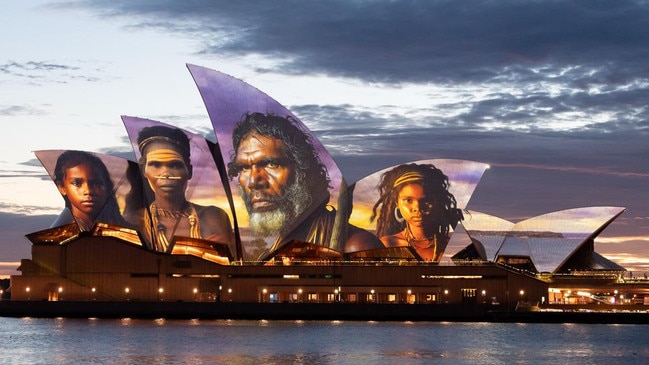
The results in an area such as Unley invite speculation as to what sort of support January 26 and Australia Day would receive in a blue-collar part of Adelaide, such as the federal seat of Spence.
The northern suburbs electorate is the spiritual home of Holden and Cold Chisel and, while it remains fiercely loyal to the ALP, it also returned the highest No vote in the land at last year’s voice referendum at a whopping 72 per cent.
The almost quaint decision of Unley council to pay voters the respect of talking to them sits oddly with the actions of the neighbouring Mitcham council, also in Adelaide’s middle-class inner south, which sparked outrage last year by spending $40,000 in ratepayers’ cash to promote the Yes vote, with no public consultation.
Mitcham council also announced last month it would be changing the date of its Australia Day events to January 25.
Mayor Heather Holmes-Ross even said in light of last year’s referendum result “I would hate for us to go out and consult on Australia Day”.
“We are elected to lead and our leaders’ job is to unite, and I think to go to consultation on this particular topic would be really divisive,” Holmes-Ross declared.
But back in Unley, Hewitson says it is the job of council to engage with the public and listen to their opinions in framing policy positions. “So many of us live in a world now where we have our own little echo chamber because of social media,” he says.
“Everybody believes that everybody thinks exactly like them because they’re the only people they talk to.”


